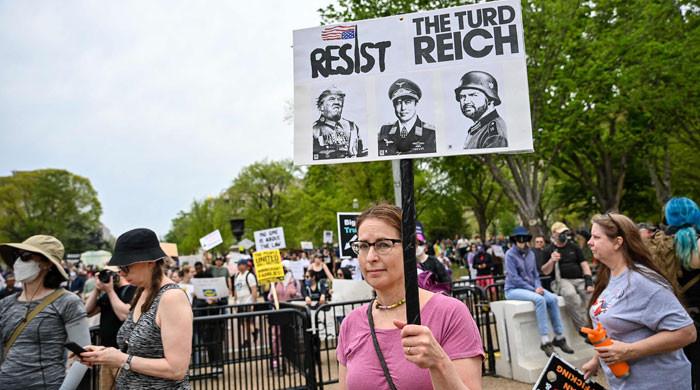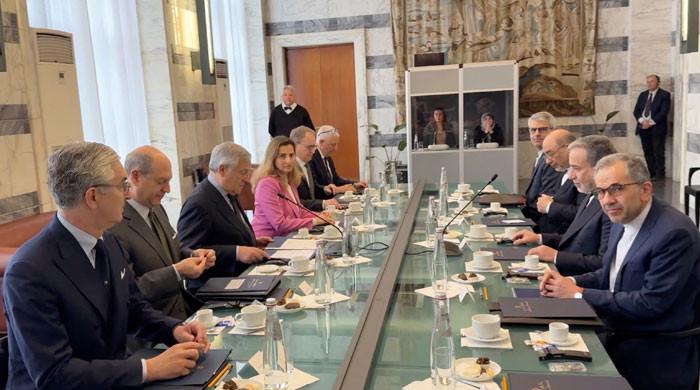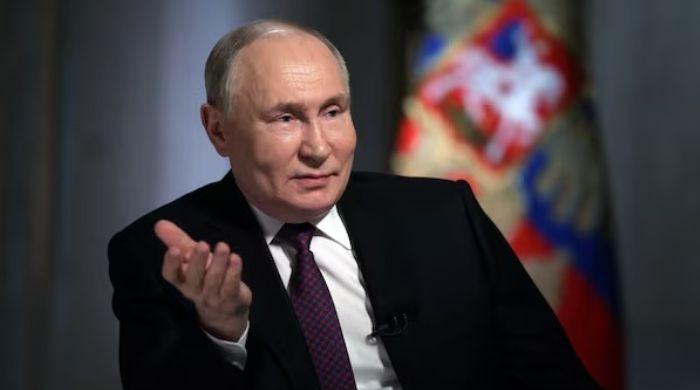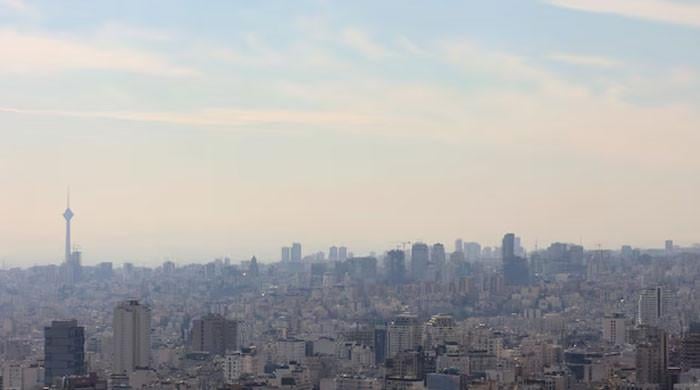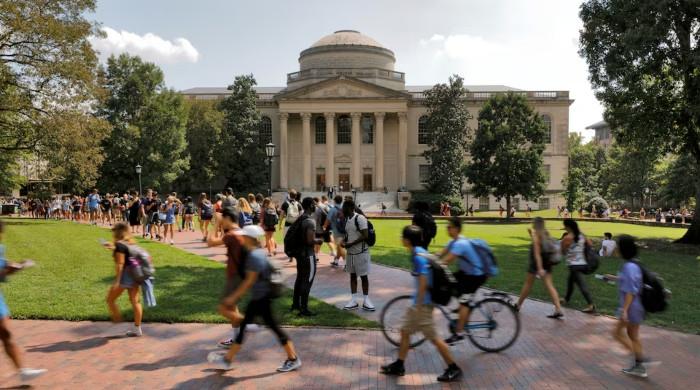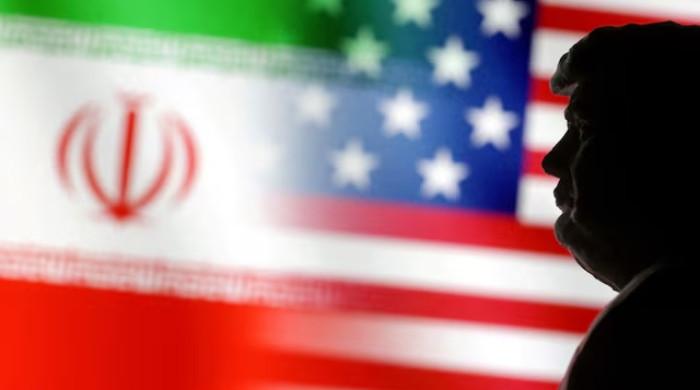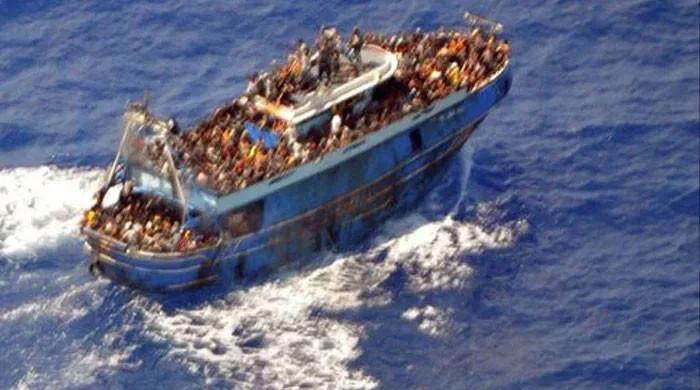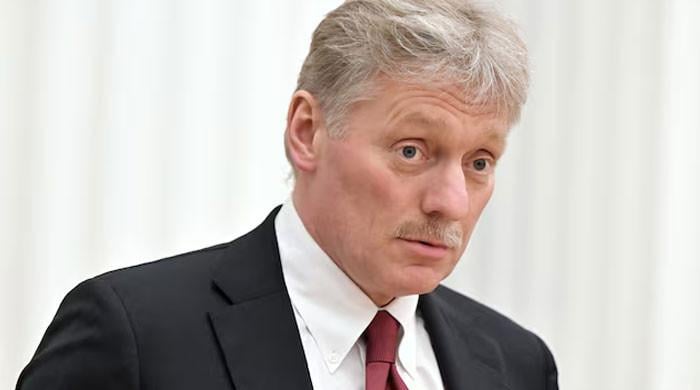Despite bans, firecrackers sizzle across India for Diwali
Firecracker bans have been difficult to implement despite threat of jail, fines
November 02, 2024
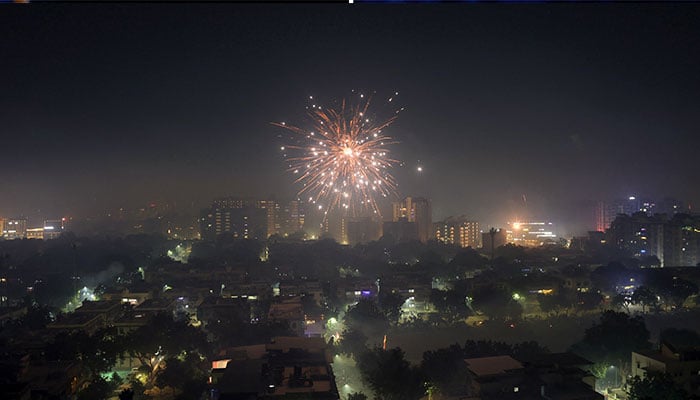
VANCH VILLAGE: Firecrackers are central to Diwali celebrations for millions of Indian Hindus and this year was no different even as some cities, including New Delhi, banned their use to curb some of the worst pollution levels in the world.
Diwali honours the victorious return of Rama, one of Hindiusm's most revered figures, and was celebrated in India on Thursday. It is also known as the festival of lights to symbolise the triumph of light over darkness, or good over evil, explaining why fireworks are so central to the celebrations.
"Firecrackers damage the environment, but they are a way of bringing good fortune to us," said Yash Gadani, a local business owner, in Ahmedabad, a city in western Gujarat state.
While the bans didn't stop people using firecrackers, factories that make the devices say sales have fallen this year as the rising cost of living, including higher prices for firecrackers, dampened demand.
In the village of Vanch, near Ahmedabad, thousands of workers covered in silver gunpowder make firecrackers by hand.
The industry is largely informal with lax safety standards. Nearly all of Vanch's 10,000 residents are involved and workers are paid 500 rupees ($5.95) a day, often for 16-hour days.
"A couple of fires in factories as well as unseasonal rains have led to an increase in raw material prices," Dipan Patel, who runs a unit in Vanch, said.
Firecracker bans have been difficult to implement, especially during Diwali, despite the threat of jail and fines.
New Delhi, a city of 20 million people, is the world's most polluted capital. From October each year, air quality worsens as factors including the burning of farm stubble following the harvest, car fumes, and firecracker smoke get trapped over the city.
"The incidents of stubble burning are decreasing, but ... the smoke created by firecrackers needs to be controlled," Delhi Environment Minister Gopal Rai told news agency ANI.




